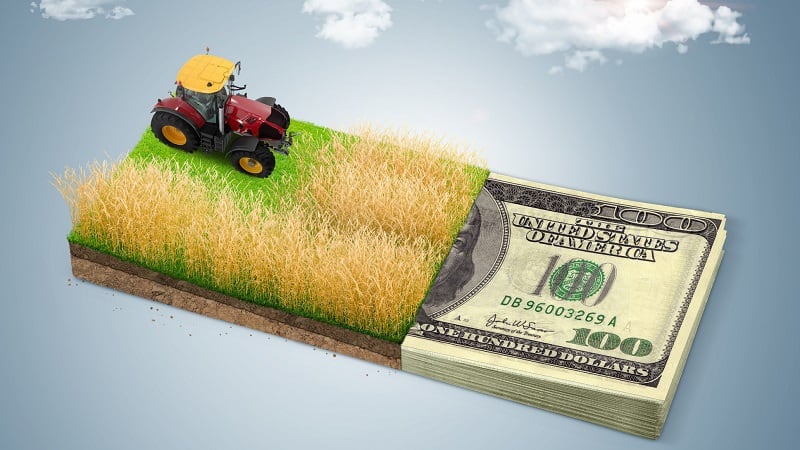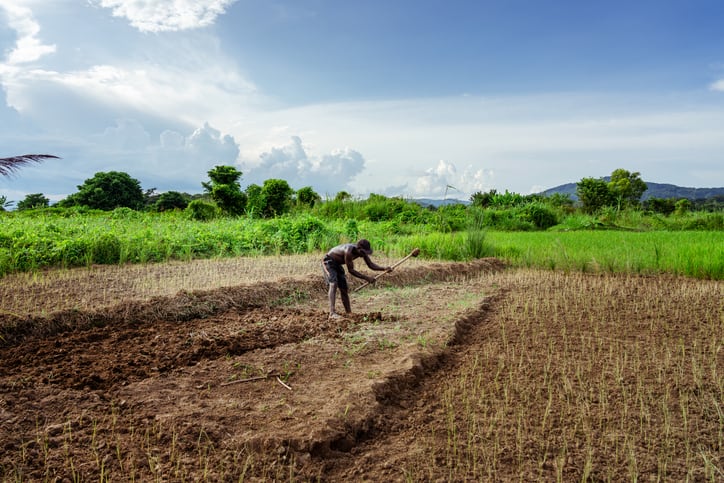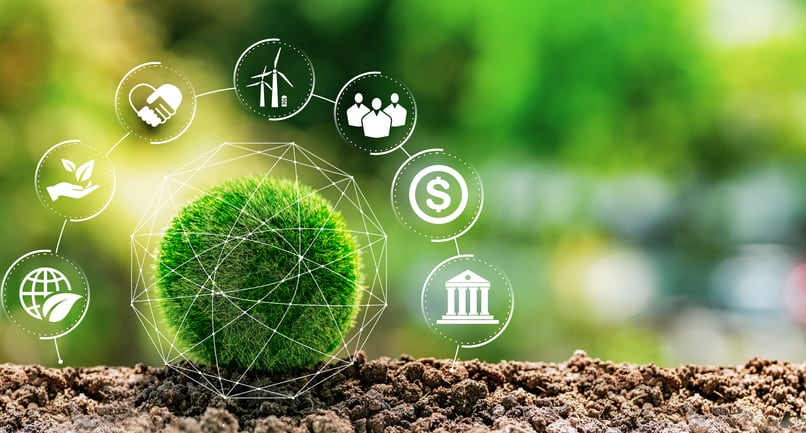Minneapolis-based alternative asset manager Proterra acquired investment platform company AcreTrader in a move to round out its investment offerings and to further develop farmland as an asset class.
AcreTrader offers users access to investing in individual farms, with the software company’s platform having been used to facilitate investments in over 140 farms across 20 states, representing 44,000 acres, the company shared in a press release. The investing platform company will operate as a standalone entity within Proterra, led by Rob Moore and Drew Lipke, who serve as GM and managing director, respectively
Proterra and AcreTrader coming together made a lot of sense, since each organization focused on different sides of farmland investments, Moore told AgTechNavigator.
Proterra is “an asset management company with over $3.4 billion in assets under management, and they are doing all of that with a very small number of institutional investors. So, if you think about that side of the equation, where they have worked for the last decade is in very large check sizes, ... we play on the exact opposite side. We are dealing in very small check sizes and a lot of volume, 1,000s of [limited partners] across our investments,” Moore elaborated.
Can farmland become the next major investment asset?
Digital financial services and investment services have been slow to rollout across the ag industry, creating issues in the process. For instance, multiple listing services do not exist for selling farmland, making it harder to track transactions and the quality of farms, Moore added.
“If gold and investment-grade corporate bonds had a baby, it would be farmland with lower volatility.”
Drew Lipke, managing director of AcreTrader
Ultimately, this impacts farms directly, since many growers lack the capital to invest in their farms, including the purchase of agtech solutions, he said.
“It is very capital intensive to farm. Millions of dollars of overhead built in. ... You have to decide, as an operator, what other tools you have to grow your business? So how else do you pick up land? The vast majority of farmers have several different ways to access capital. We are just one,” he added.
Investors have long sought alternatives to the stock market and private equity to store their wealth through everything from artwork and crypto, which can be incredibly volatile. However, investing in farmland should not be viewed in the same speculative light, since the asset class has produced predictable returns on investments, Moore explained.
“We have a saying that farmland is boring, and boring is beautiful. We are so different as an asset class. If you look at the volatility in asset values for cropland in United States, it is a standard deviation of about 7%, historically. We do not see big swings in volatility in the asset value of farmland, and that is the key piece that I think a lot of people miss, like farmland should not ever be put in the same bucket as speculative things like crypto or art,” Lipke told AgTechNavigator.
He added, “If gold and investment-grade corporate bonds had a baby, it would be farmland with lower volatility, and that is ... the asset class’ performance over time.”
Editor’s note: This article is meant for educational purposes and not meant as investment advice.




